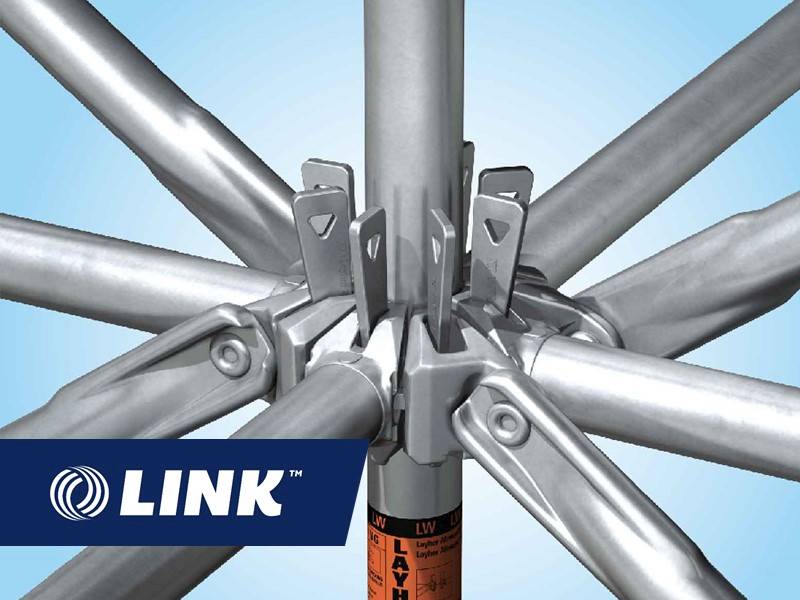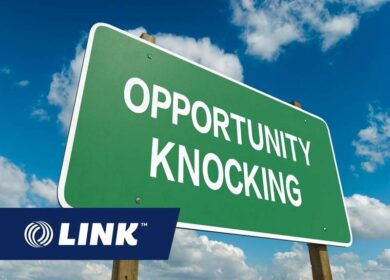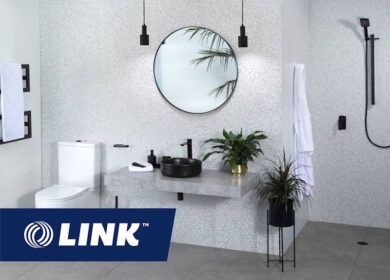WHAT YOU SHOULD LOOK FOR WHEN BUYING A BUSINESS
Buying a business is exciting, it can be life changing in a positive way and it can be financially very rewarding. The key is to ensure you buy a great business and not a lemon. Take your time.
The business you are looking to buy must have certain attributes & qualities to ensure risk of failure is minimised and success is maximised.
Some attributes the business must have:
- A diversified customer base. Not reliant on 1 major customer.
- Reasonable barriers to entry for a new competitor to enter the market.
- The business should fit this thought process! “If you supply a quality product, price fairly, look after your customers & staff, have a diversified customer base = the revenue will continue to grow and your business will succeed”.
- The business assets are in reasonable condition, i.e. you do not have to spend hundreds of thousands of dollars on new equipment in the next couple of years to continue trading.
- The product you are making / selling is not at the end of its life cycle & low risk profile for the industry. For instance, the food sector is exciting but what if you have a major product recall?
- There must be some opportunities to grow the business & profits, steady growth is fine.
- Will you get enough intellectual stimulation & challenge from owning this business.
- The business does not rely on heavy advertising to generate sales. Ideally a significant portion of the business is generated by word of mouth, web traffic and google searches.
- Is the business located in a logical location for the product it makes and where its customers are.
- The drive to work is not unrealistic. Consider winter months and Auckland traffic.
The earnings quoted must be after a manager or owners salary. Ensure you understand what the earnings include or exclude. The earnings may sound great but could be overstated by $100,000 because they exclude the owners salary. EBIT or EBITDA must include approx. $100,000 for the owner or General Manager if you are to work in the busines. SDE (sellers discretionary earnings) excludes owners salary. SDE is the cash amount you as an owner will get out of the business before paying yourself. The business should not be valued on a multiple of SDE.
Have a strategy on how long you plan to own the business for. E.g. for a 10 year hold, pay off the debt (purchase price) in 7 years, leaving 3 years to accumulate some wealth before you sell. Sale proceeds are tax free (99% of the time).
Determine how much income you want out of the business, then allow income to pay off the debt. That will give you a guide on the EBIT (Earnings Before Interest & Tax) that the business has to generate and therefore the size of the business you are looking for. This could be $150,000 income, $150,000 to pay off debt therefore $300,000 profits before tax. EBITDA excludes depreciation.
As an example using a multiple of 3 times EBIT: A business generating $300,000 EBIT would be valued at around $1 million giving 7 years to pay off (7 x $150,000 = $1,050,000). A great business with growth options & low risk can sell for a multiple of 4 or maybe 4.5.
Or, you want $300,000 income, plus debt repayment of $300,000 x 7 years = $2.1 million, profits of $600,000 x 3, then the value of the business you are looking for is in the range of $1.8 to 2 million.
If possible borrow 100% of the value of the business (banks will loan against the business and your personal equity) and aggressively pay it off. The interest is 100% deductible, and this strategy makes you focus on generating profits and debt repayment.
Then when you go to sell your business in 10 years’ time you have a significant cash windfall and your retirement is sorted!





